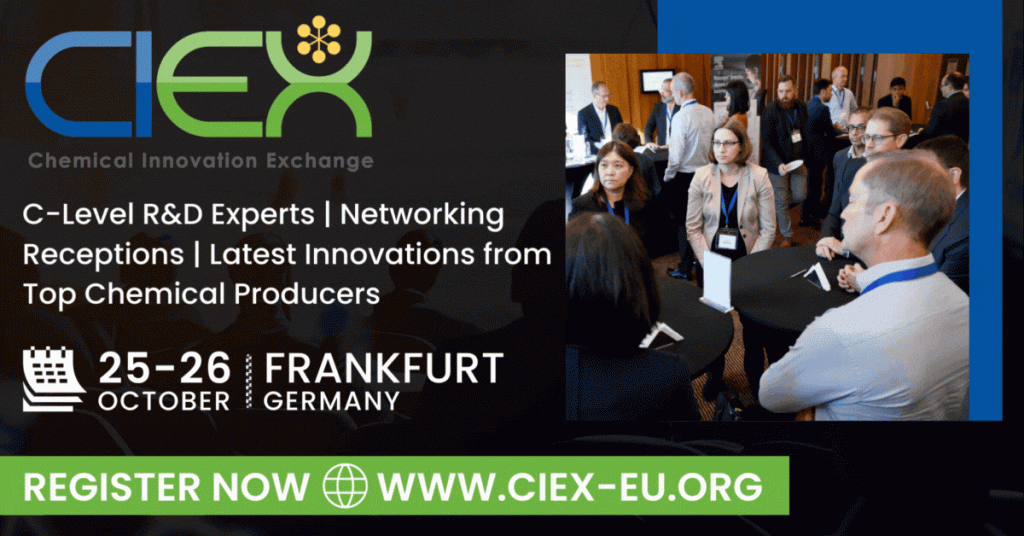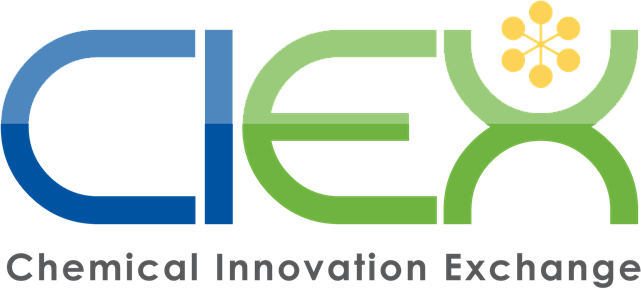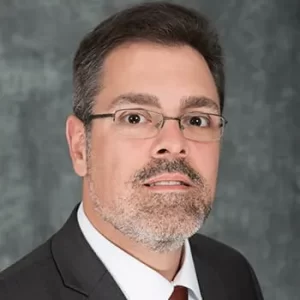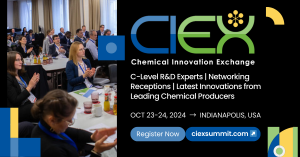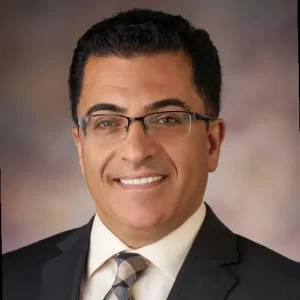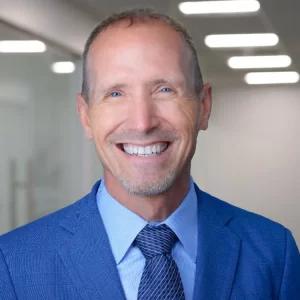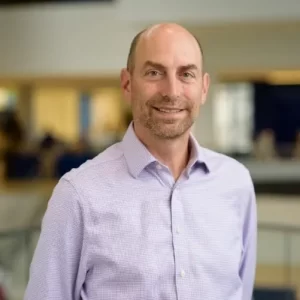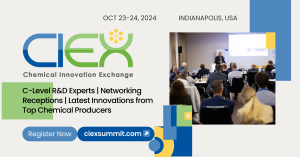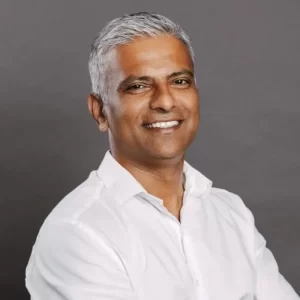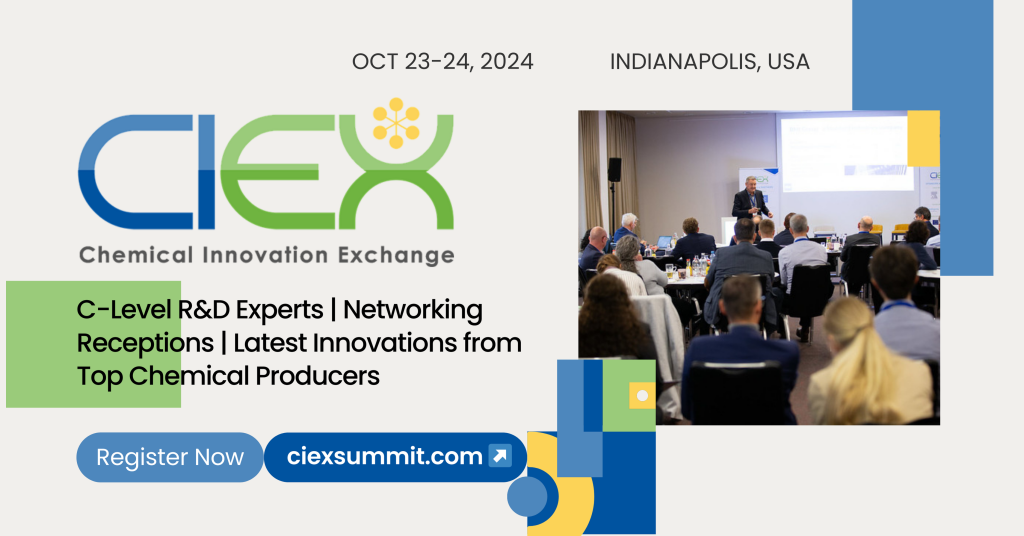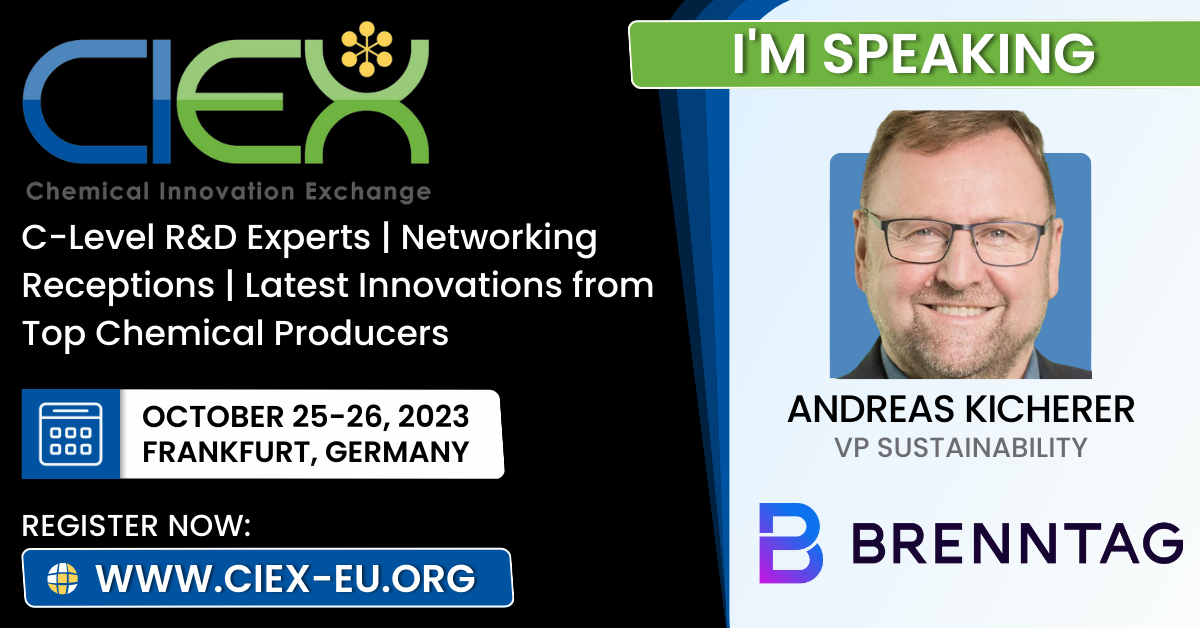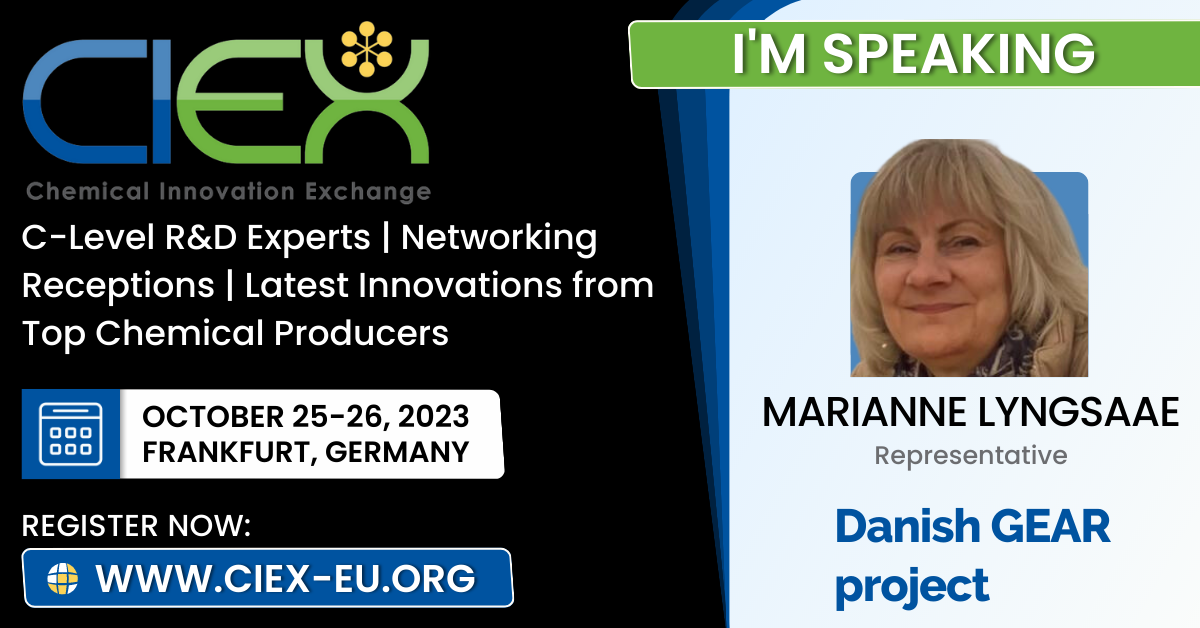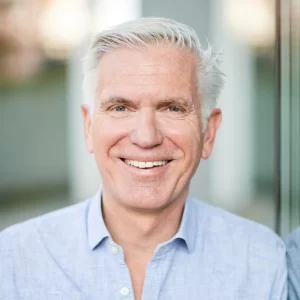A Sustainable Future in Sight? Overcoming Barriers in the European Chemical Landscape
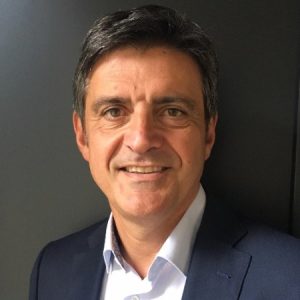 Pierre Joris is an Engineer in Physics, holding a M.Sc. from the University of Stanford, and an Advanced Executive degree from Kellogg’s School of Management, Chicago. Pierre has 36 years of international experience in the Chemical Industry. He built his career for 29 years at Solvay, where he held different leadership positions in R&D, Corporate and Global Business Management. He completed his career as Chief Innovation Officer for the group and was then recruited as Senior Executive Advisor to the Chemical division of Daikin for more than 6 years. Pierre holds now non-executive roles as Senior Partner at JF Chemical Associates, an M&A boutique house, Senior Advisor to the Boston Consulting Group, and is independent board member at various companies in the field of materials and chemicals, including Prayon and Domo Chemicals. It is in this last tenure that he was elected chairman of A.SPIRE in March 2019.
Pierre Joris is an Engineer in Physics, holding a M.Sc. from the University of Stanford, and an Advanced Executive degree from Kellogg’s School of Management, Chicago. Pierre has 36 years of international experience in the Chemical Industry. He built his career for 29 years at Solvay, where he held different leadership positions in R&D, Corporate and Global Business Management. He completed his career as Chief Innovation Officer for the group and was then recruited as Senior Executive Advisor to the Chemical division of Daikin for more than 6 years. Pierre holds now non-executive roles as Senior Partner at JF Chemical Associates, an M&A boutique house, Senior Advisor to the Boston Consulting Group, and is independent board member at various companies in the field of materials and chemicals, including Prayon and Domo Chemicals. It is in this last tenure that he was elected chairman of A.SPIRE in March 2019.
CIEX: Without giving too much away – what is the core message of your talk and what would you like delegates to remember?
Pierre Joris: The sustainability challenges that the Chemical Industry is, and will be facing in Europe are enormous. Bringing our Industry to climate neutrality and in a circular economy, means huge transformation investments, revision of our business models and reskilling of our workforce.
It is clear that to succeed, development and scaling-up of very disruptive innovations has to continue and accelerate and the right environment needs to be maintained to foster the same.
But this is not enough since time is running, and deployment plans have to be initiated. Development of infrastructure for, and access to, massive quantities of green electricity, green hydrogen and CO2 has therefore to be planned and executed on time. In addition, appropriate framework conditions and incentives to create market opportunities and de risk the massive deployment investments needed will have to be elaborated and clarified.
All this requires an urgent dialogue based on trust between all the stakeholders, certainly the Industry, the European Commission and Member States, Funding agencies, regulatory authorities, and social partners, but also within the Industrial world, between the actors that will have to increase their producer-user inter-dependencies and efficiencies.
CIEX: What motivates you to join the Chemical Innovation Conference – CIEX Europe this year?
Pierre Joris: Our association, A.SPIRE represents the Process Industry (of which Chemical Industry is a very large and leading representative) towards the European Commission. Our main mission is to partner with the European Commission to support the development of the critical innovations needed by our industries to succeed in the climate and circular transition.
We launched A.SPIRE in 2014 and then Processes4Planet Partnership in 2021 to provide a framework for the right innovations to be supported and developed, to contribute our share to Europe’s goals. In the current context, it is even more important to sum up industrial voices for the dialogue with the European Commission and the Parliament, to overcome our industries’ innovation hurdles and boost the development of disruptive innovation.
Although we have already several prestigious members of the chemical industry in our association, including CEFIC itself, it is therefore important for me as President to keep reaching out to as many companies as possible in the field, making sure our work and directions are known, but also listen to their main preoccupations.
CIEX, with its dedicated orientation towards innovation and sustainability and the specific audience that it is gathering in this regard, makes it an ideal place for such purpose.
CIEX: How do you envision the future of the chemical industry? What are the key challenges to overcome and the opportunities to harness?
 Pierre Joris: As indicated above, the transition to a climate neutral and circular economy is a formidable challenge in itself. And it is not only about complying with regulations and targets that always become more stringent, but also going into the directions that our customers and our employees are more and more requiring. So in a summary, there is not much choice.
Pierre Joris: As indicated above, the transition to a climate neutral and circular economy is a formidable challenge in itself. And it is not only about complying with regulations and targets that always become more stringent, but also going into the directions that our customers and our employees are more and more requiring. So in a summary, there is not much choice.
It means disruptive innovation, huge investments, changing business models including cooperative models, reviewing portfolios, reskilling workforces, ensuring access to the renewable energy and carbon etc… And all this in a global competitive environment that doesn’t always play along the same rules.
But it doesn’t stop there as, unfortunately what is specific to the chemical industry in Europe, is that at the same time, it has to face another substantial challenge through the increasing number of regulatory initiatives and legislation towards the Net Zero Pollution ( Chemical Sustainability Strategy, REACH revision, Safe-&-Sustainable-by-Design framework etc….), which doesn’t make life easier. And all this in a local environment where Energy prices are substantially higher than in other regions.
So frankly, in my opinion, the future of the chemical industry as we know it today, will be very difficult on this continent and we cannot exclude that some segments would disappear especially in areas where the global competitive environment will bring the reality check, or simply in areas not properly connected.
But for those who can lead the game in the transition, be fast and smart and eventually claim a competitive advantage through the sustainability of their products where the market supports it, I think there are formidable opportunities to grasp in their own markets or in proliferating their IP. I see also great opportunities for those chemical players taking the lead in developing the key innovative materials or products that will be needed to enable these sustainable technologies, not only for our own Process Industry, but for the rest of the society, be it in mobility, energy, or agriculture.
CIEX: When looking to other regional markets, what lessons can the European chemical industry learn, adapt, or perhaps even use to differentiate itself?
Pierre Joris: Honestly, if we think in terms of sustainability, I think that the European chemical industry should not be shy of its competences and know-how in the field. And, whether we like it or not, the European market is also probably one of the most advanced when it comes to the requirement in terms of sustainability or more largely, environmental impact.
What is missing however or at least less pronounced that in other regions, is a fast, pragmatic, and efficient incentive environment to encourage the large-scale investment needed in our industry to succeed in the transition, especially considering the other hurdles that we have to face in Europe as indicated in the previous section?
The European Union has programmes to support innovation. We have seen the European Commission has tried to build complementary programmes to innovation towards market. These efforts need to continue and be strengthen towards impact.
But the funding and incentives schemes available for large industrial investment, including risky first-of-a-kind plants, are scattered among Member states and EU, come with a few conditions and questions that can discourage more than one, and generally take too much time to be developed.
We see initiatives such as the IRA in the US that go much more to the point and succeed in attracting significant investment outside of Europe. It would be wise for Europe and Member States to implement more flexible mechanisms, unified approach, and embrace supporting risky projects at different TRL levels which, if successful, will have de risked disruptive innovation bringing more investments and keeping jobs in Europe. But as resources are limited, all this probably require first a deliberate selection of the value chains that the EU wants to keep on its soil.
CIEX: What is one project or initiative in the industry, outside of your own company and associations that really inspired you, and why?
Pierre Joris: There are a lot of very courageous and inspiring initiatives in the Chemical Sector, from electrical crackers to large scale recycling plants, through power-to-methanol plants etc…. But in order not to make any jealous within your readers and in the chemical industry at large, the one that I would like to mention will be within another Industrial Sector.
I would like to highlight the decision by ThyssenKrupp Steel to invest in the first large scale direct reduction plant to produce clean steel in Germany. This is inspiring because we are talking of a bold step, more than 2 bn EUR investment and significant contribution to the transformation of the European steel industry with a 2.5 million metric tons plants. This is risky but is susceptible of putting this company at the forefront of green steel production, a key enabler for other downstream segments of the society
Of course German subsidies are available to support this initiative and have been agreed by the European Commission, but this is part of the game and of “building trust and dialogue between the stakeholders” and this, also in itself, is a feature that should inspire other initiatives.
Join 20+ senior chemical executives including CxOs from Braskem, Levaco, Dude Chem, SCI, Solvay, Domo Chemicals, BASF. Limited Seats Available! CIEX is taking place on 25 & 26 Oct – secure your ticket now!
